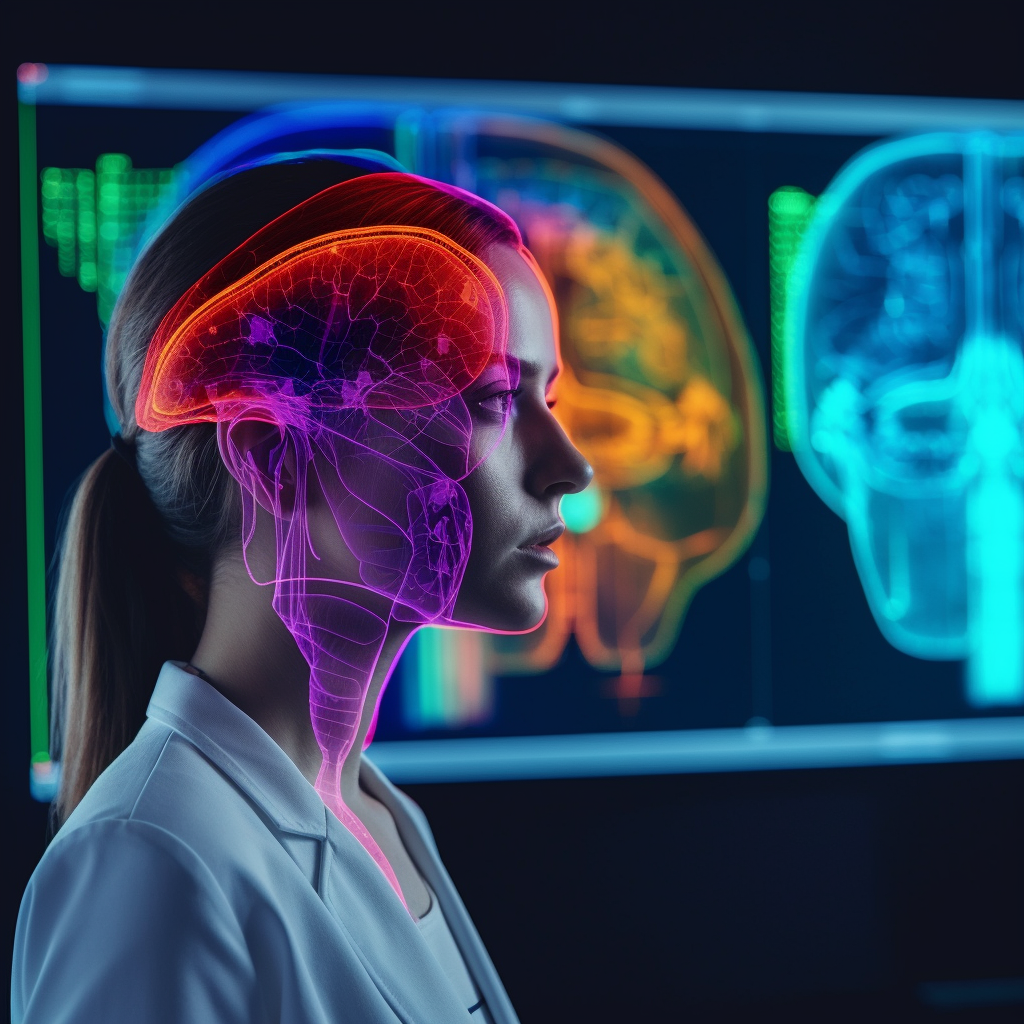May 2, 2024
Med-Gemini – Google and DeepMind’s Groundbreaking AI Models Revolutionizing Healthcare Technology
Book a Demo
In an exciting new development, Google and DeepMind have joined forces to create Med-Gemini, a sophisticated collection of AI models with a focus on healthcare applications. These advanced models currently outperform rival models such as OpenAI’s GPT-4, marking a significant step forward in healthcare-focused AI technology.
One distinctive feature of Med-Gemini is its ability to comprehend context and sequence of symptom onset in medical scenarios. This aspect proves to be a challenge for existing AI models in the healthcare sector, but Med-Gemini’s superior understanding of these parameters sets it apart.
Further distinguishing Med-Gemini from its competitors is its “family” approach. Each AI model within the Med-Gemini family is optimized for a specific medical domain or scenario, including, but not limited to, image analysis in radiology and pathology, signal interpretation, and long-context understanding.
These AI models take full advantage of diverse data sources and seamlessly incorporate a web-based search for the most current information. This approach enables the integration of online results and allows for data augmentation with external knowledge, ensuring the most accurate and up-to-date information is used.
However, despite the promising early results, the effectiveness of Med-Gemini still needs to be validated in real-world settings. This could be in everyday clinical use or through a prospective double blind randomized clinical trial.
In a significant achievement, Google’s new AI models, Med-Gemini, reportedly outperformed GPT-4 models in benchmark testing. They have demonstrated their ability to process and analyze complex health records and research papers, making them a potential game-changer in medical data analysis.
The Med-Gemini AI models are built on the foundations of Gemini 1.0 and Gemini 1.5 LLM. This robust framework allows for four models providing text, image, and video outputs and improved web search capabilities.
According to Google’s data, Med-Gemini AI models have scored an impressive 91.1 percent accuracy on MedQA. They have also shown superior performance in text-based reasoning tasks. Despite these compelling results, the models are not yet publicly available or in beta testing, as Google and DeepMind are currently working on further improvements. The future of healthcare-focused AI models looks promising with Med-Gemini leading the way.
Connect with our expert to explore the capabilities of our latest addition, AI4Mind Chatbot. It’s transforming the social media landscape, creating fresh possibilities for businesses to engage in real-time, meaningful conversations with their audience.



